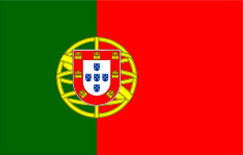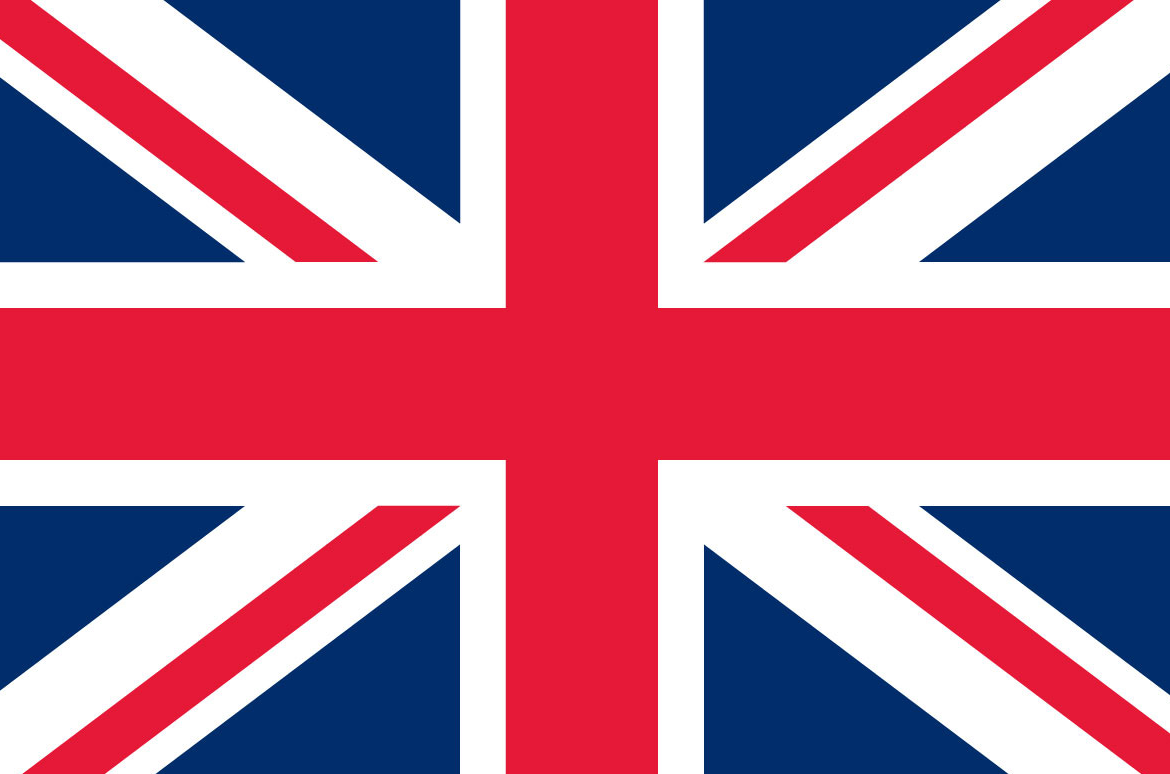Fishing Activity in Third Countries Waters
The licensing of Portuguese vessels for fishing in EEZs of third countries is essentially based on the use of the fishing opportunities available for Portugal under the fisheries agreements concluded between the European Union and third countries
Fishing Activity in Third Countries Waters
Breadcrumbs
- Fisheries
- Fisheries
- Professional Fishing
- International Fishing
- Third Countries
![]() Fishing Activity in Third Countries Waters
Fishing Activity in Third Countries Waters
The licensing of Portuguese vessels for fishing in EEZs of third countries is essentially based on the use of the fishing opportunities available for Portugal under the fisheries agreements concluded between the European Union and third countries.
![]() Fisheries Agreements With Third Countries
Fisheries Agreements With Third Countries
The licensing of Portuguese vessels to fish in the EEZs of third countries essentially involves making use of the "fishing opportunities" available to Portugal under fisheries agreements concluded between the European Union and third countries.
![]() Northern Agreements
Northern Agreements
Given the geographical proximity and the consequent sharing of stocks between the various coastal states, the EU's fishing activities in the North Sea and North-East Atlantic are intrinsically linked to those of our neighbours (United Kingdom, Norway, Faroe Islands and Iceland). It therefore makes perfect sense for coastal states to coordinate their fishing activities, partly because the fishing realities of the different fleets are diverse.
Some stocks are therefore managed jointly through fisheries agreements. These can be bilateral, trilateral and even more far-reaching as in the case of consultations between coastal states.
Unlike the Sustainable Fisheries Partnership Agreements (SFPAs), the Northern Agreements do not involve the payment of financial compensation, but rather an exchange of fishing possibilities and reciprocal access to the Parties waters, thus ensuring that fishing possibilities are not wasted.
The only exception to this typology of Agreement in this geographical area, is the Agreement with Greenland which implies the payment of a financial contribution.
Stocks are regulated by NEAFC, but before NEAFC's annual meeting, where the conservation and management measures for the following year are adopted, consultations take place between the various coastal states with a view to agreeing management measures for the jointly managed fishing stocks, which include control measures, the definition of TACs and the respective allocation key between the various stakeholders, among other aspects. Scientific advice is provided by ICES in this process.
The most relevant bilateral fisheries agreement for the European Union is the fisheries agreement with Norway
- UNITED KINGDOM
- NORWAY and SVALBARD
- FAROE ISLANDS
- ICELAND
- GREENLAND
![]() Southern Agreements
Southern Agreements
By establishing a wide network of Sustainable Fisheries Partnership Agreements (SFPAs), EU fishing fleets have access to surplus resources in the exclusive economic zones of third countries. These agreements establish a framework for reference activities, contributing to the strengthening of good ocean governance and also to the supply of the food market in the European Union and the third countries concerned. These agreements focus on the conservation of fish stocks and environmental sustainability, ensuring that all EU vessels are subject to the same control and transparency rules.
At the same time, a clause regarding Human Rights has been included in all the protocols that operationalize these fishing agreements. There are two types of agreements, tuna agreements and mixed agreements. The former allow tuna fishing, while the latter allow the capture of other fishing stocks present in the waters of the partner countries. Currently there are about 14 agreements in place to have been operationalized, 4 of which are mixed agreements. In addition to these, there are 7 fisheries agreements that, despite being in force, are not being operationalized by a fisheries protocol and are known as "dormant agreements".
Portugal has the following fishing opportunities under the SFPA`s:



